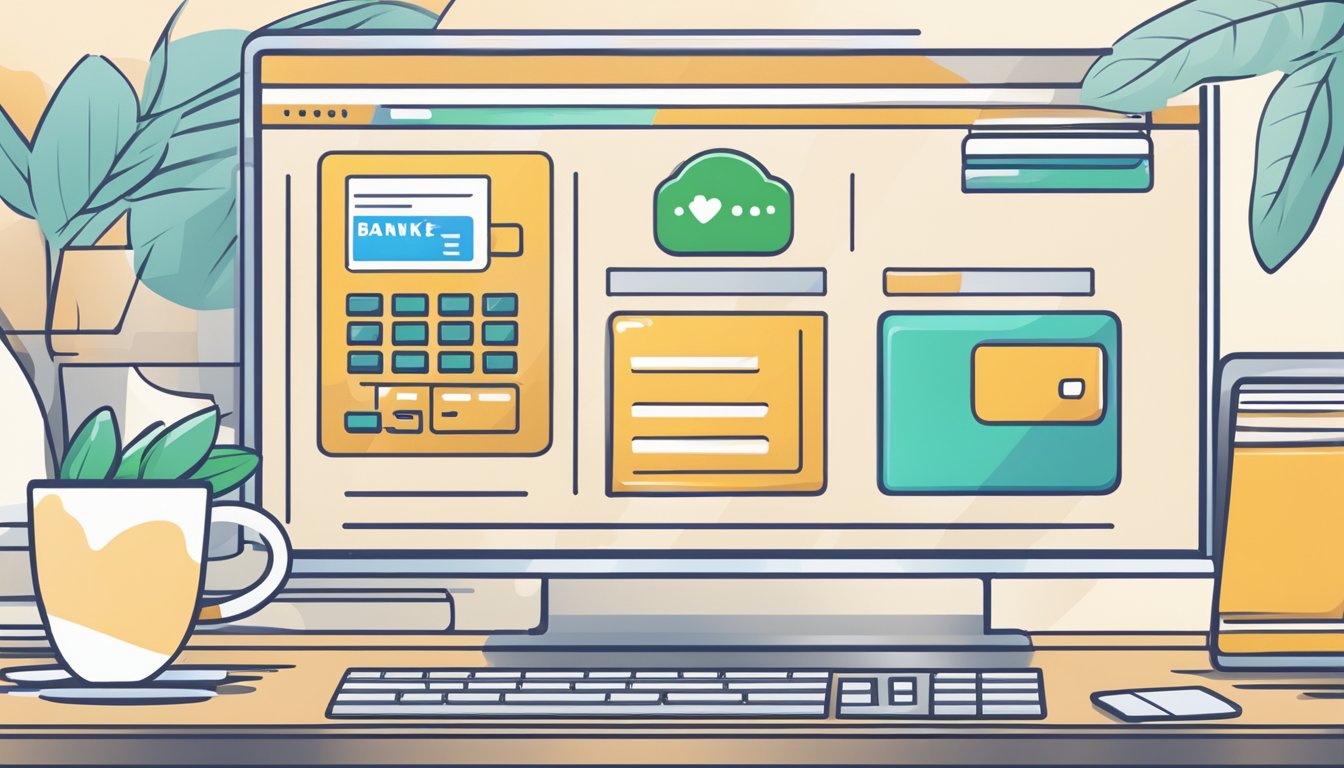Understanding Automatic Payments

Automatic payments help by ensuring your insurance bills are paid on time, improving your credit score and avoiding late fees.
This section will cover the definition, significance, and context of automatic payments in the insurance industry.
Definition and Significance
An automatic payment is a scheduled transfer of money from your bank account, credit card, or debit card set to pay recurring insurance premiums.
These payments are set up to occur on a predetermined date each month. Using automatic payments can simplify your financial management by avoiding late payments and ensuring continuous coverage.
This method is significant because it maintains your insurance policy without manual intervention every month.
By using automatic payments, you avoid the risk of your insurance policy lapsing due to missed payments.
Policies often provide better premiums if you consistently pay on time.
Setting up an automatic payment generally involves an agreement with your bank or credit union.
You give authorization for the bank to transfer the amount required to your insurance company.
This ensures that your premium payments are always made on schedule, thus saving time and reducing stress.
Interpreting Automatic Payments in Context
In the context of insurance, automatic payments mean your premiums are consistently paid without manual effort each time they are due.
This is crucial in maintaining a good credit score: timely payments positively impact your score, while missed or late payments can harm it.
Moreover, setting up automatic payments with your insurance company often involves reviewing policy exclusions and coverage details.
Knowing when your payment will be due and understanding the terms of your agreement help you plan better financially.
Automatic payments can also apply to different types of insurance such as health, auto, and disability insurance.
Having set dates for payments, typically monthly, helps in budgeting your expenses, thus making financial planning easier.
Engaging directly with your bank or credit union to set up these payments is a prudent step to ensure that all loan obligations linked to your insurance are met seamlessly.
Overall, automatic payments offer a streamlined way to manage your insurance payments, minimizing the hassle and risk of missing a payment date.
Automatic Payments and Insurance in Practice

Understanding how automatic payments work within insurance can streamline your bill management and avoid late fees.
This section will explore real-world applications and highlight notable case studies.
Real-World Applications
Automatic payments make managing insurance premiums easier by ensuring timely payments.
Many insurers allow customers to set up recurring payments using a debit card or credit card.
This feature can be particularly useful for utility bills and student loan payments that recur monthly.
Setting up an online account with your insurer can make it simple to manage and track your electronic payments.
By opting for automatic bill payments, you avoid the hassle of manually paying your credit card bills or other policy premiums.
This method also reduces the chances of missing a payment and incurring late fees.
Many insurers provide options to enroll in automatic payments directly from your payment method settings.
To get started, you can follow a guide on setting up automatic payments.
These payments can be adjusted or canceled through the same online platform.
Case Studies Highlighting Automatic Payments and Insurance
Insurance Company A introduced automatic payments to improve payment consistency among policyholders.
They noted a significant decrease in late payments and an increase in customer satisfaction.
Clients reported benefiting from the ease of managing their bill payments in one place and not worrying about due dates.
One client, who struggled with managing multiple recurring payments, found relief through automatic payments.
By enrolling her student loan and various utility bills, she saved time and avoided late fees.
This change positively impacted her credit score and financial stability.
Insurance Company B used real-time data to tailor automatic payment options for their clients.
They provided flexibility in choosing between debit card or credit card payments, which led to higher adoption rates.
Policyholders appreciated the convenience and security of selecting a doctor and automating their payments through a single platform.
Related Financial Terms

Automatic payments in the insurance industry come with their own set of key financial terms you should know.
These terms often intersect with various aspects like recurring bills, discounts, and more.
Complementary and Supplementary Terms
Due Date: This is the final date by which you must make a payment to avoid penalties.
For automatic payments, make sure your account has enough funds by this date to avoid missed payments.
Recurring Bill: These are payments that occur at regular intervals for services like insurance premiums, utility bills, and subscriptions.
Setting up automatic payments simplifies managing these recurring payments.
Discounts: Some insurance companies offer discounts for setting up automatic payments because it reduces their administrative workload.
Always inquire about such discounts when talking to your insurance provider.
Merchant: In the context of insurance, this usually refers to the insurance provider handling your policy.
They might also work with vendors for payments, premium collections, or offering services related to your policy.
Vendor: In automatic payments, vendors can also include third-party payment processors that facilitate the transaction between you and your insurance company.
This can add an extra layer of convenience but always check for any additional fees.
Understanding Correlated Concepts
Mortgage: If your mortgage includes home insurance as part of an escrow account, understanding automatic payments for that insurance is crucial.
This can ensure timely payments and avoid lapses in coverage.
Utility Bill: Just like your insurance, many utility providers offer automatic payments.
This can simplify your monthly administration of essential services like electricity and water.
Checks: While less common now, some people still use checks for insurance payments.
Automatic payments eliminate the need for manually writing and mailing checks.
Convenience: One of the major benefits of automatic payments is the convenience it provides.
You can set it and forget it, ensuring that your insurance premiums are paid on time without any manual intervention.
Nonrenewal: If you miss automatic payments, your policy could face nonrenewal.
It’s essential to keep track of your account’s balance to avoid this situation.
Understanding nonrenewal terms in your policy makes it easier to manage your payments and coverage effectively.






